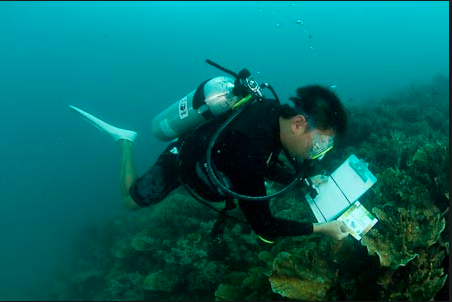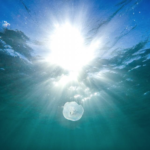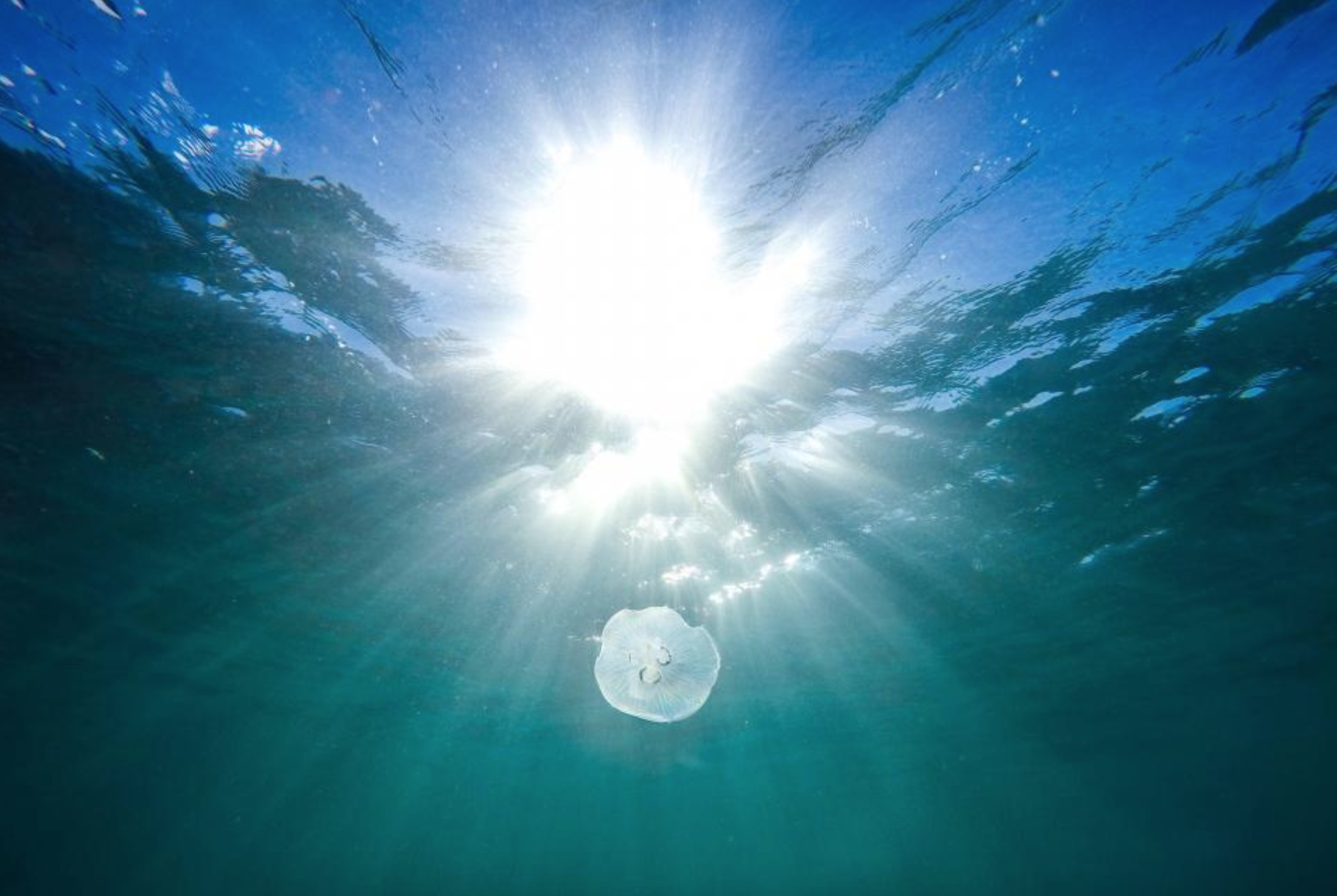The ocean is an exciting place filled with unique plants and animals that are still being discovered and studied by scientists all across the globe. As efforts continue to increase in marine biology, oceanography, environmental science and beyond, more and more career opportunities are opening up in these fields.
As a researcher and professional in Marine Biology, Alistair Economakis understands the importance of these career roles in revealing new valuable resources for energy, food, medications, and other needs as well as developing our understanding of the Earth’s environment through earthquakes, tsunamis, and other natural occurrences.
If you are passionate about the ocean and marine life, or other related areas such as pollution and global warming, check out some of the career opportunities in marine biology available to you.
First, there is engineering, particularly in oceans, because of the need to inspect and construct anything that is based underwater, like a bridge or a tunnel. This involves the mechanics of things being safely installed on the ocean floor. Marine biologists study things that live in the water, from algae to whales. Anything that lives and breathes in the ocean is looked upon closely. For those who want to be up close with the animals, an animal trainer/veterinarian who works and cares for mammals like whales and dolphins is another great occupation.
Another option to get close with the animals is through archeology, where qualified divers go down deep to pick up any bones that lie on the ocean floor or wash up along the shore. Like the artifacts of dinosaurs, old bones from fishes tell the tales of thousands of years before. Because of the dangers that come with the environment marine life lives in, having someone who specializes in the particular marine environment and can teach it to other students makes a big difference. Oceanographers study different subjects such as ecology, the making of waves, geography, and the ocean’s underground movements.
Then, there is the media side of things, such as underwater film and photography. These professionals are adventurous, making the waters visual, and giving a closer view of the animals for those at home. Professional scuba diving does the same in taking tourists underwater to physically close with the animals. Marine life can also come in economically. Marine environment economists work with private companies or the government who create plans towards promoting and protecting the environment and making it sustainable for the long term.
Marine life is a wonderful setting to work in. It is not just for sailing or for recreation; the open waters have an essential place for many to study in and know what is happening with the Earth and our environment and why.
Learn more about Alistair Economakis and his research on shark aggregations on his Google site: https://sites.google.com/view/alistaireconomakis




